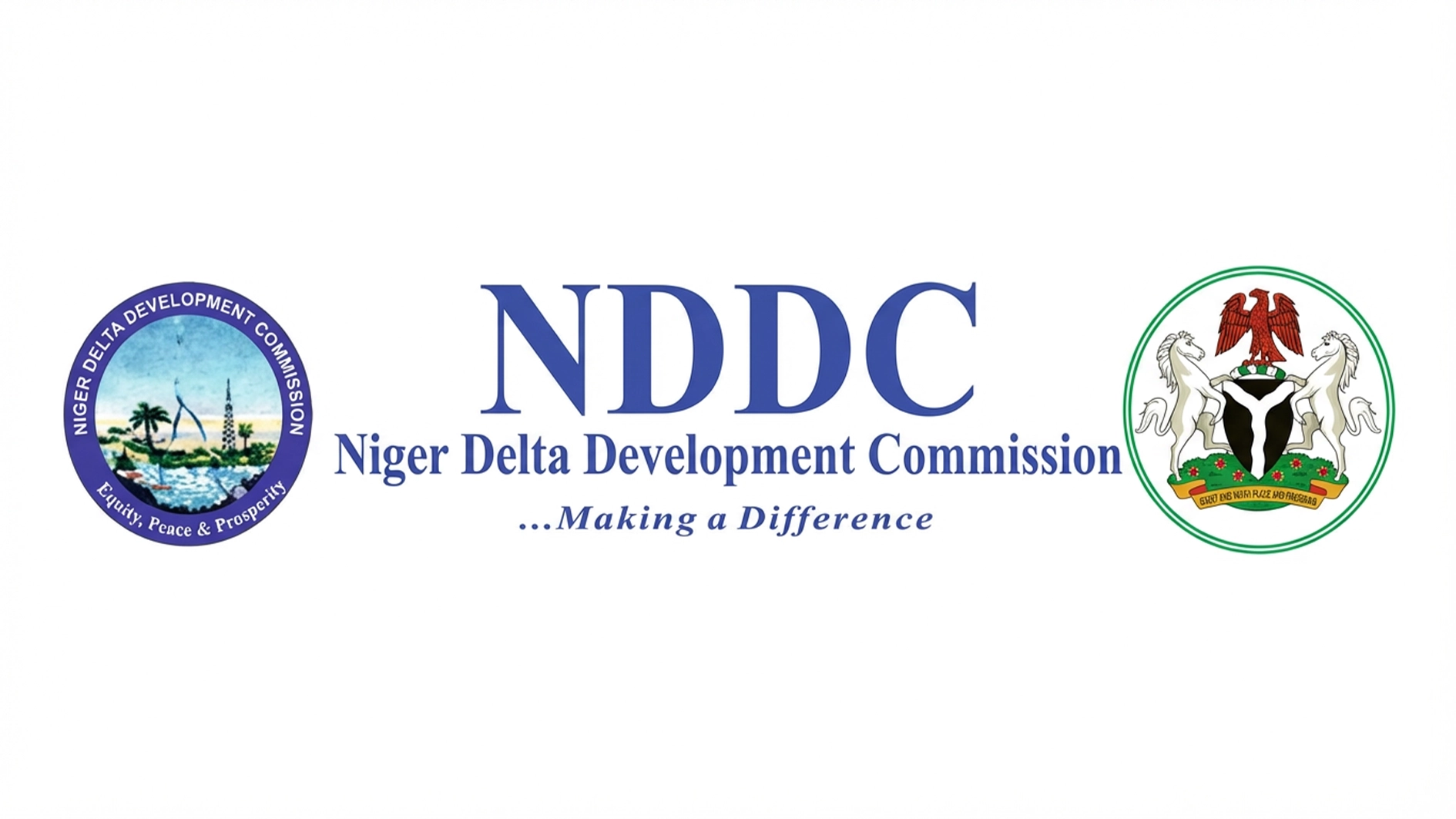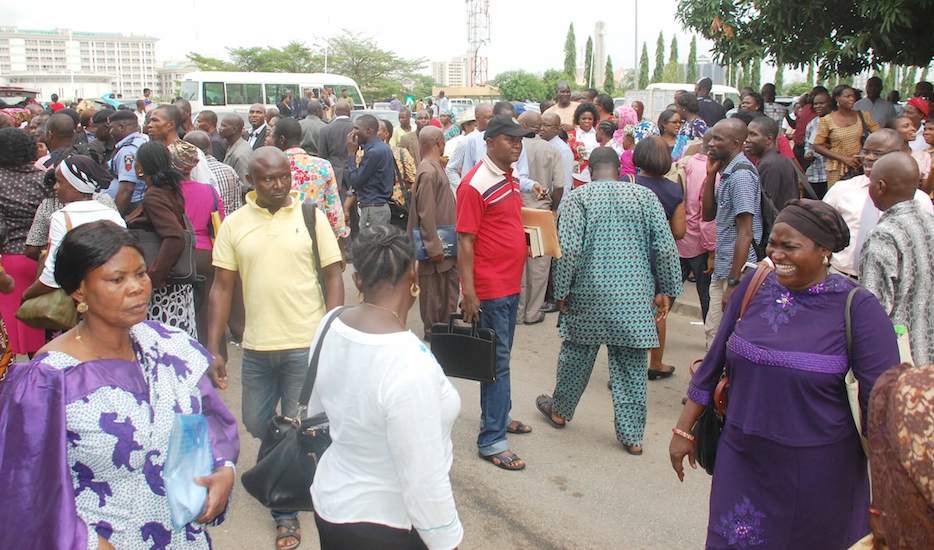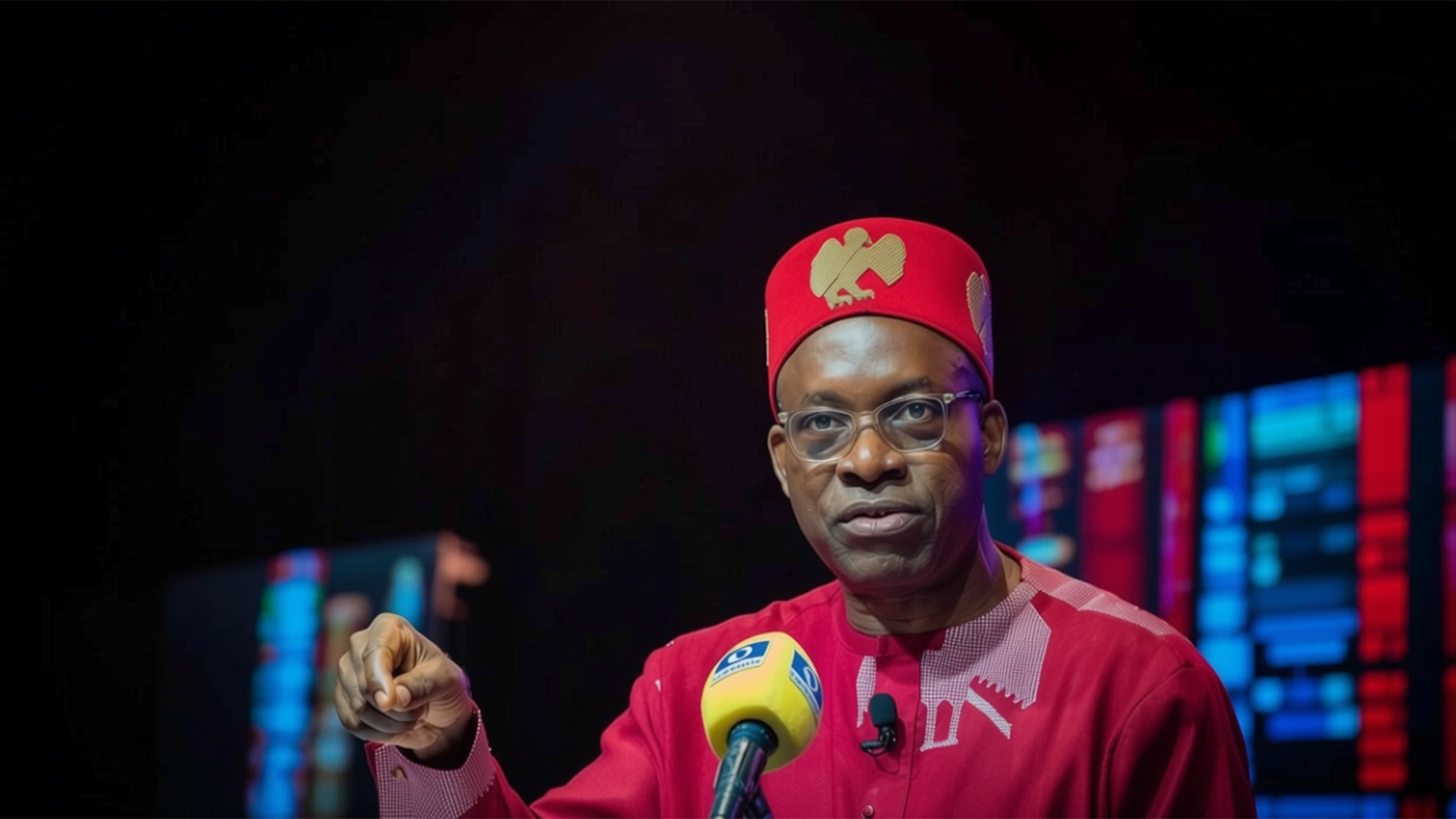The Minister of Works, David Umahi, has explained the Federal Government’s reported request of N3.6 trillion for the rehabilitation of the Third Mainland Bridge in Lagos, insisting that no final cost has been determined.
Speaking yesterday during an inspection tour of Lagos-Calabar Coastal Road, Umahi said the figures making the rounds in the media were only preliminary estimates from Julius Berger alone, which were never presented to the Federal Executive Council (FEC) for approval.
“What we presented to the council was not a request for N3.6 trillion or N3.8 trillion. We merely said this is what Julius Berger is saying, but we do not trust these figures because one consultant cannot give a reliable estimate. That was why we sought approval to invite a minimum of seven global contractors to carry out their investigations, designs and proposals. No approval has been given for any figure,” Umahi clarified.
Similarly, he disclosed that Julius Berger had also suggested that rehabilitating Carter Bridge for another 50 years would cost about N389 billion, while building a new cable-stayed bridge as a replacement would cost around N359 billion.
He explained that these figures were extrapolated to the Third Mainland Bridge due to the similarity of structural defects, but stressed that they were only indicative and not binding.
The minister explained that investigations, dating back to 2013 and 2019 by past administrations, had revealed chlorination and rusting of the piles, caused by prolonged exposure to saltwater and worsened by illegal sand mining.
This, he said, had weakened the foundations of both Carter and Third Mainland Bridges, reducing their depth of penetration in some sections by over 60 per cent.
“The level of degradation of the Carter Bridge is the same as that of the Third Mainland Bridge. The steel casings have rusted, concrete reinforcements have been exposed, and defects are progressing in geometrical progression,” the minister stated.
Umahi added that the FEC’s directive was for multiple contractors and independent consultants to verify the structural state of the bridges and determine whether rehabilitation or full reconstruction would be most economical.
He also disclosed that the council had approved for private sector participation under a public–private partnership (PPP) arrangement, with the possibility of tolling the Carter Bridge once completed.
On the Lagos-Calabar Coastal Highway, Umahi commended the contractors, Hitech, for working ahead of schedule despite the technical challenges of sand filling and ocean encroachment. He directed that project updates should be televised weekly by at least two stations to enhance transparency and keep Nigerians informed.






